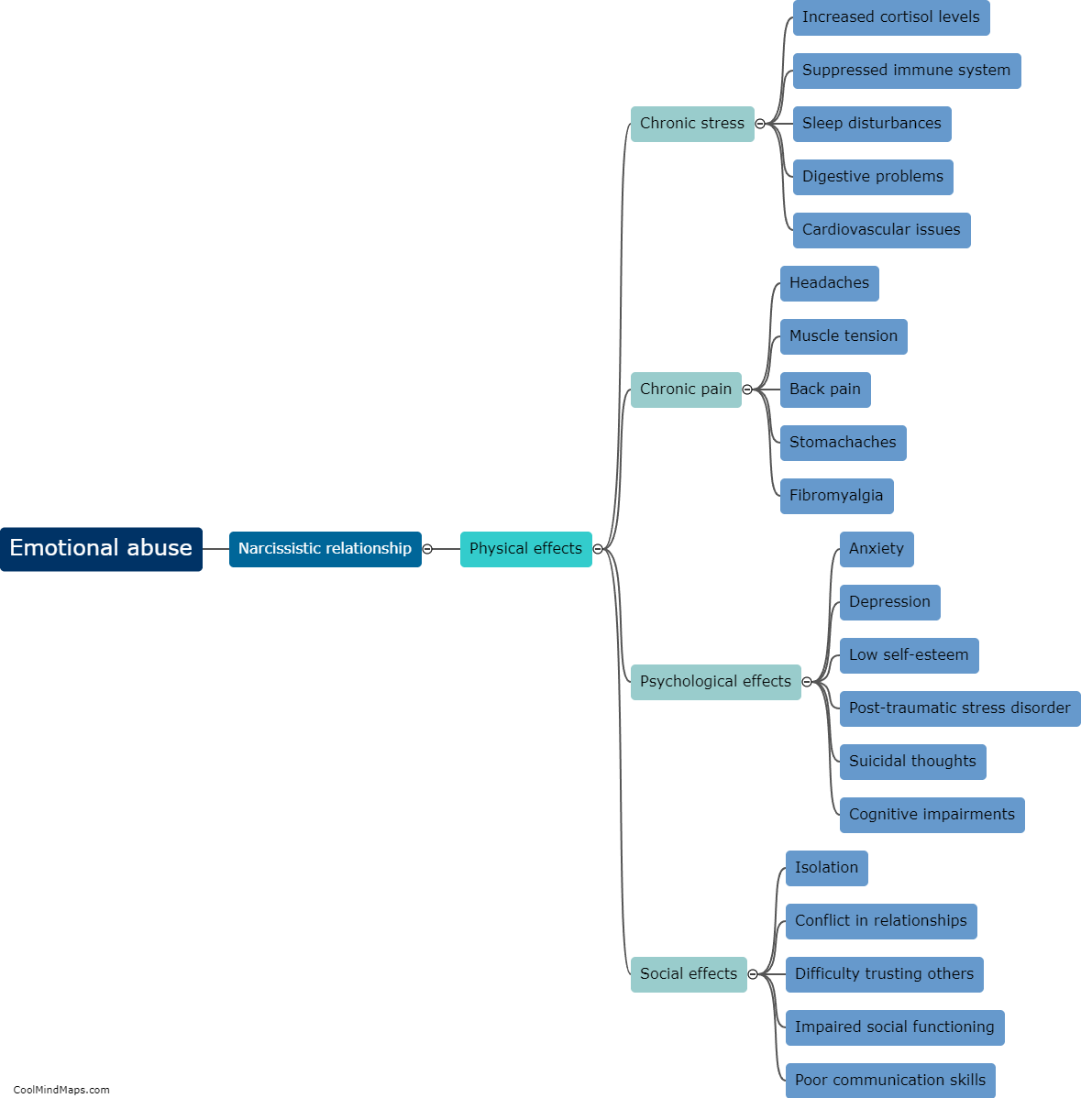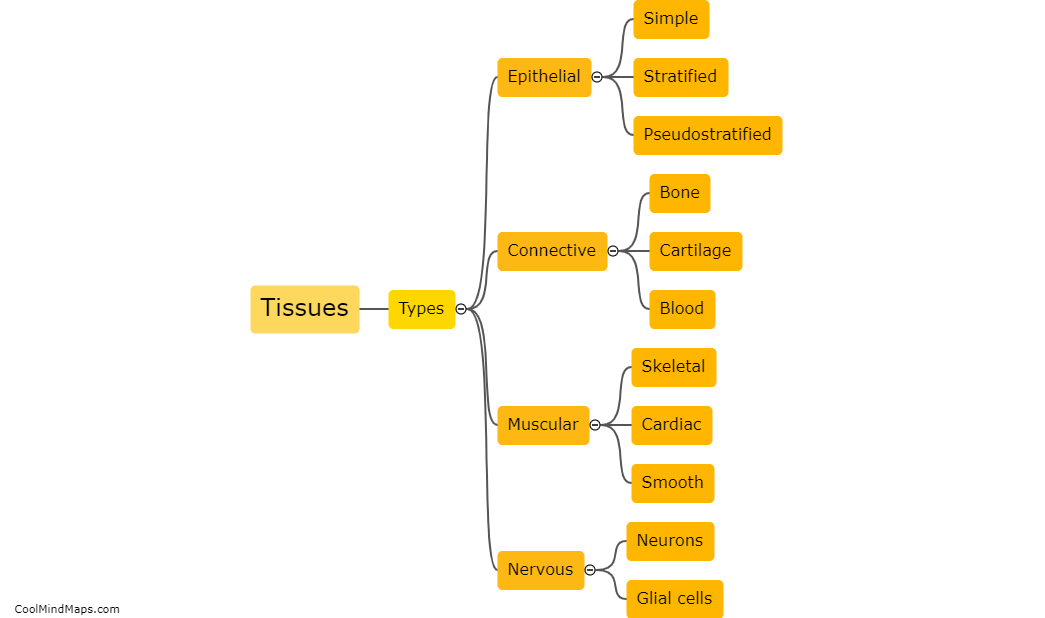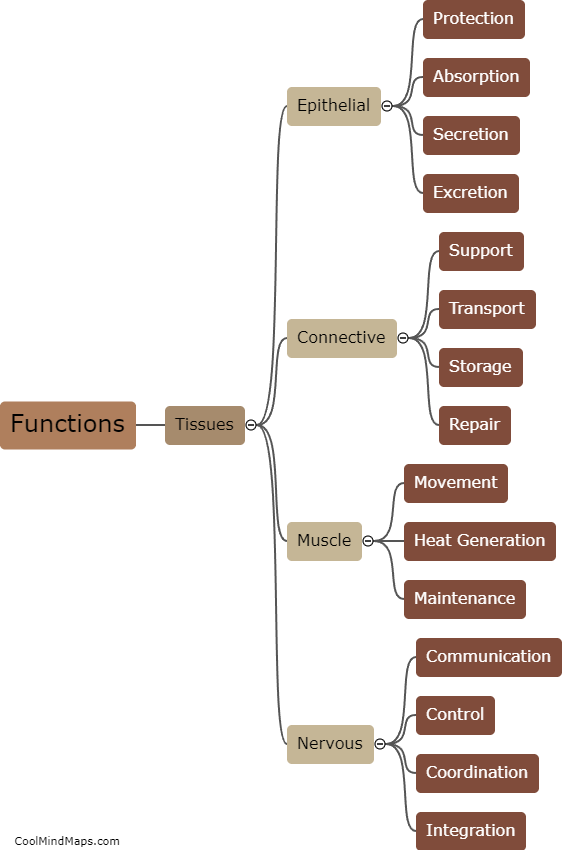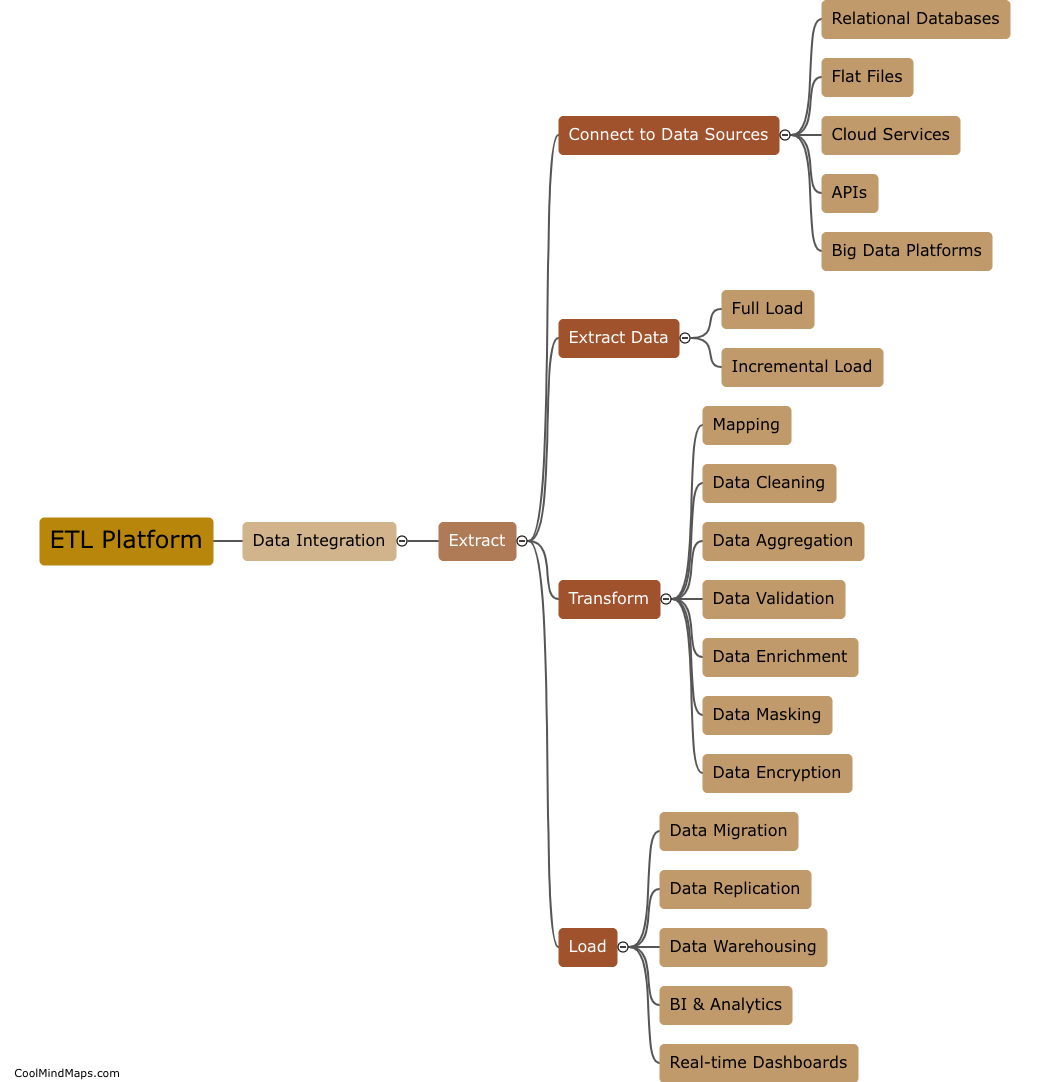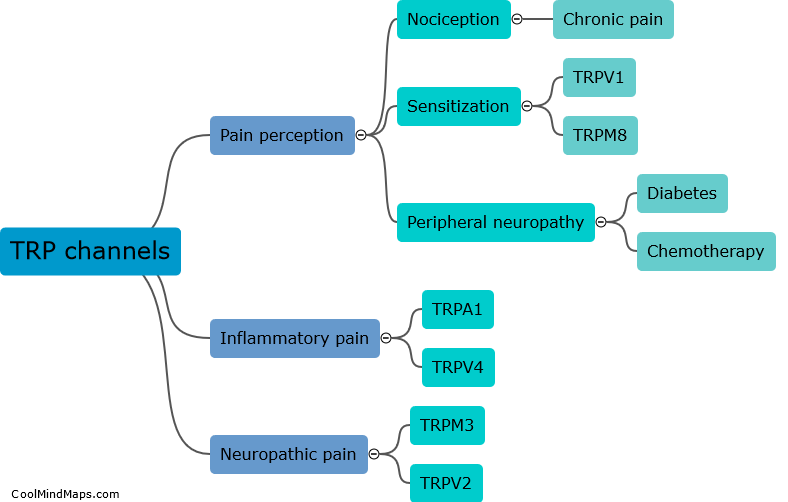What is clostridium?
Clostridium is a genus of bacteria that are known to be anaerobic, rod-shaped and capable of forming endospores. This makes them incredibly resilient and able to survive in a variety of environments. While some species of Clostridium are harmless or even beneficial, others are known to be harmful to humans and animals as they produce toxins that can cause serious illness, such as tetanus, botulism and gas gangrene. Clostridium bacteria can be found in soil, water, and the gastrointestinal tract of animals and humans. Proper sanitation and hygiene measures are important in preventing the spread of Clostridium infections.

This mind map was published on 22 June 2023 and has been viewed 164 times.

